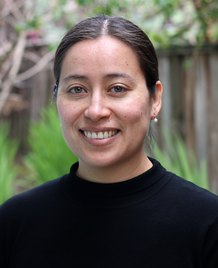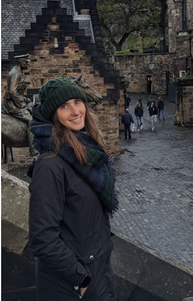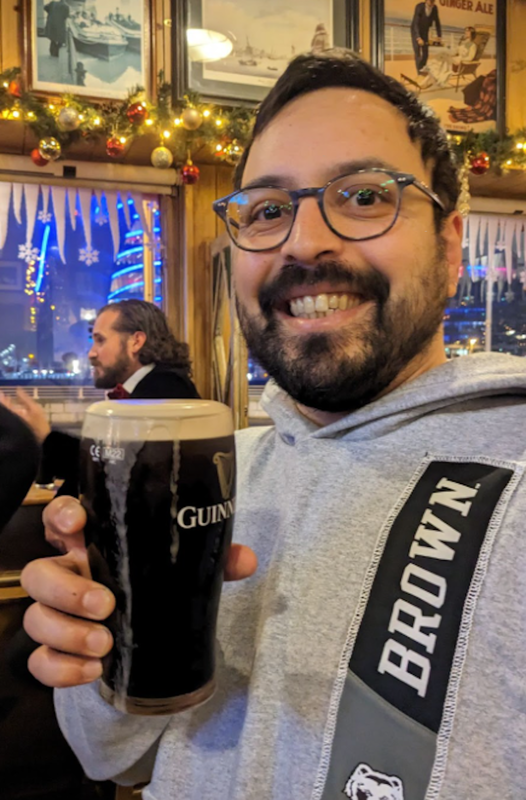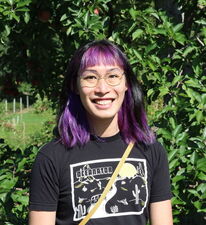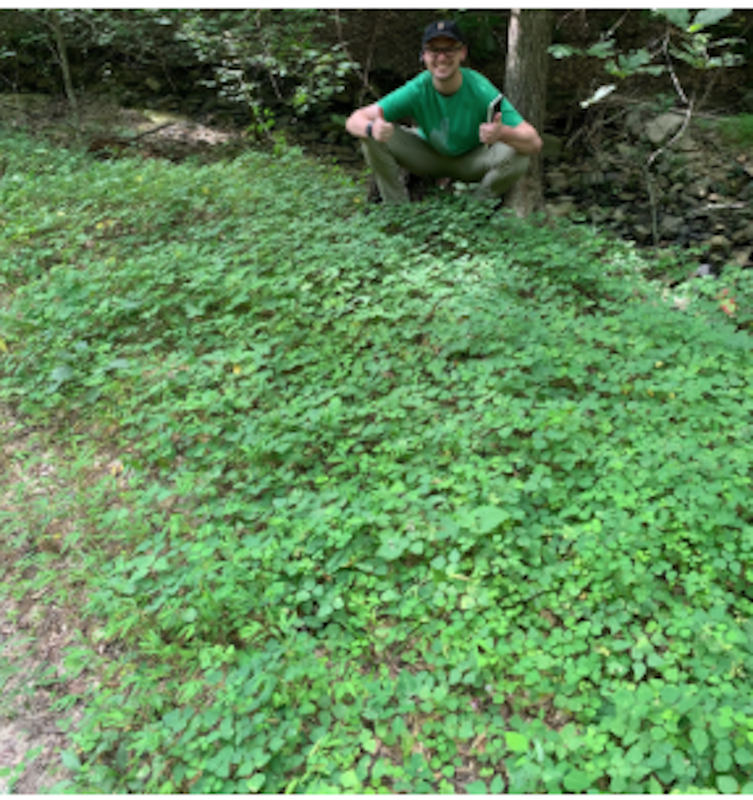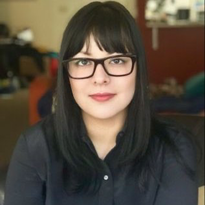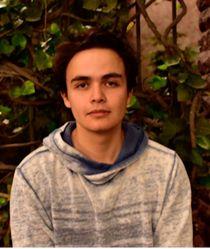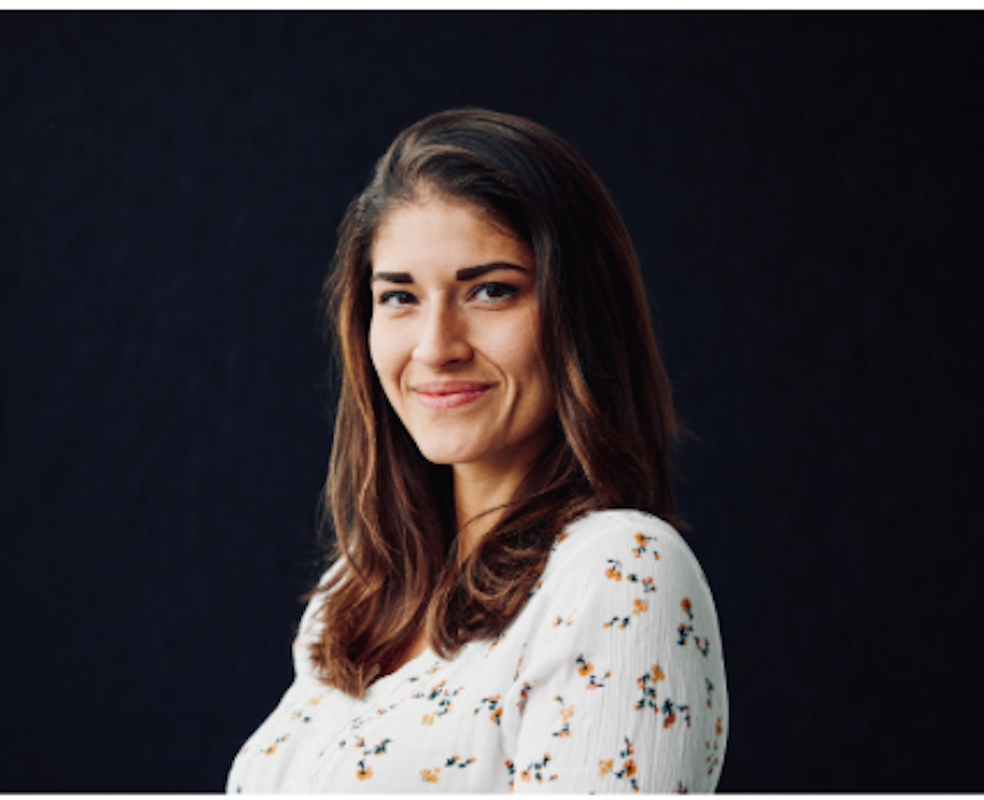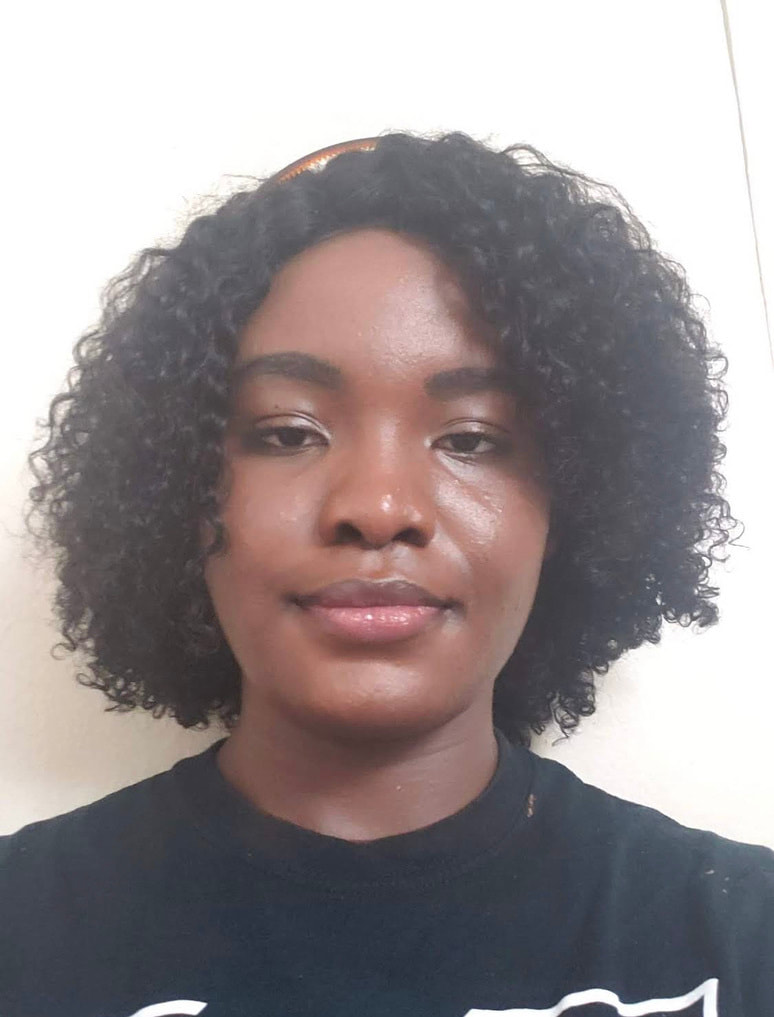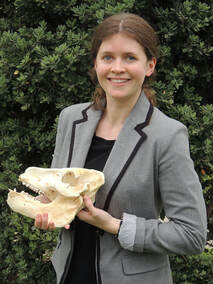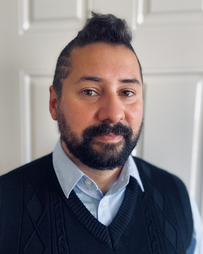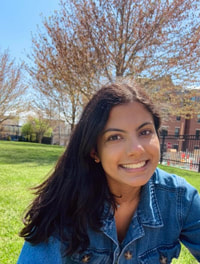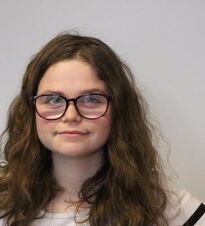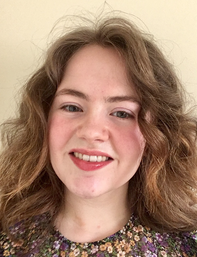|
|
Principal investigator |
|
|
Emilia Huerta-Sanchez
Emilia is an Associate Professor in the Department of Ecology and Evolutionary Biology and a member of the Center for Computational Molecular Biology (CCMB) at Brown University. She completed her PhD in Applied Mathematics with Rick Durrett and Carlos Bustamante at Cornell University. Her postdoc was at the University of California Berkeley in the Departments of Statistics and Integrative Biology where she worked with Rasmus Nielsen. Before moving to Brown University, she was a faculty member at the University of California Merced. Visit Emilia's Google Scholar page. |
|
|
Postdoctoral fellows |
|
|
Linda Ongaro
Research Interests: I work as a postdoc in the Irish branch of the Huerta Sanchez Lab in Trinity College Dublin collaborating with Daniel Bradley and Lara Cassidy’s groups. Before moving to Ireland, I got my PhD from the University of Tartu (Estonia) in 2021 where I studied the genomics of admixed American populations. Currently, my research focuses on investigating how natural selection impacted the genomes of European populations during the Neolithic. I am also interested in investigating the population structure and demography of these ancient European populations. Visit Linda’s google scholar. |
|
Marco Rosario Capodiferro
Research Interests: Since January 2022 I have started a postdoc with Emilia at Trinity College Dublin. Before I got my master degree in molecular biology at the University of Perugia, and then I got my PhD at the University of Pavia, where I also did two years of postdoc. In this process I dealt with population genetics, starting from the study of mitochondrial DNA in human and animal populations from different continents, and then I moved to the study of modern and ancient genomes. The new challenge is to investigate archaic introgressed regions in ancient European. Asian and American genomes. The study of the Indigenous American population has kept me happily busy in recent years, and I cannot wait to be finally able to answer some important questions. |
|
Mia Miyagi
Research Interests: I am an NSF postdoctoral fellow in the Huerta-Sanchez lab focused on the intersection of sex, gender, and population genetics. In particular, I am interested in disentangling the genomic signals of gender-biased and sex-biased demographic events and exploring how gendered effects can create illusory signs of sex differences in humans. During my PhD, I worked on coalescent methods for detecting and modeling introgression in John Wakeley’s group at Harvard, as well as on critical analyses of genomic sex difference claims as a member of the GenderSci Lab. |
|
|
Graduate Students |
|
|
David Peede
Research Interests: I am an aspiring speciation biologist who is interested in applying evolutionary theory to better understand the forces that shape genetic variation within and between species. My research combines population genetic theory, statistical modelling, empirical work, and field work to better understand the genetic basis of speciation. Currently, my graduate studies are focused on two main topics:
|
|
Mayra Banuelos
Research Interests: I am interested in developing new computational methods for studying archaic admixture. I employ statistical modeling and computational biology approaches to understand the performance of popular methods for detecting archaic introgression. I am also interested in further discovering how archaic admixture has contributed to adaptation in anatomically modern humans. Visit Mayra's google scholar. |
|
Jazeps Medina Tretmanis
Research Interests: I am interested in the development of new computational biology tools that can help answer new questions, or that can improve the efficiency of existing processes. I am especially excited about writing new tools that more fully take into account the challenges imposed by ancient genomic data. I also hope to work on and learn more about data simulation for biological research. |
|
Brina López Gfeller
Research Interests: I am interested in applying population genetics and computational methods to gain new insight into human evolution. I am particularly interested in understanding how different evolutionary forces have shaped our species’ past. Moreover, I am interested in speciation and reinforcement, and to gain a greater understanding of how these mechanisms drive reproductive isolation. |
|
|
Undergraduate students |
|
|
Valeria Añorve
Research Interests: I am a student intern of the Huerta-Sánchez Lab collaborating with Dr. Diego Ortega Del Vecchyo and Dr. Mashaal Sohail’s groups. I am interested in understanding the processes that give rise to heritable variation in complex traits. I employ population genetics and computational methods to understand how genetic architecture, temporality and demographic history have shaped the evolution of complex traits. I am also interested in determining whether archaic genetic variants are associated with modern human phenotypes. Currently, my research focuses on determining the contribution of archaic genetic variants to the heritability of complex traits in Mexicans. |
|
Eugenia Ampofo
Research Interests: Hi! My name is Eugenia Ampofo a rising senior concentrating in Computational Biology. I am from Newark, NJ but I originally hail from Obuasi, Ghana. My research interests include bioinformatics/data analysis, population genetics, medicine and urban agriculture. I love coding, reading, playing tennis and knitting. |
|
|
lab Collaborators |
|
|
Madza Farias-Virgens
I am a PhD candidate in Molecular, Cellular and Integrative Physiology at UCLA conducting a collaborative project between our lab, the Okanoya Lab at RIKEN, and the White Lab and the Xiao Lab IBP-UCLA. The goal is to investigate the genetic correlates of the evolutionary forces and neurogenetic mechanisms underlying changes in vocal behavior between Bengalese finches and their ancestral species, white backed munias. |
|
Federica Pierini
Research Interests: I am a postdoc conducting collaborative research between our lab, Flora Jay (CNRS – University of Paris-Saclay, France), and Maria Avila Arcos (UNAM, Mexico). I am part of the Human Frontier Science Program (HFSP) project "Evolutionary changes in human hosts and their pathogens during first contact in the New World". Evolutionary biologist by training, I am broadly interested in evolutionary immunogenomics, evolutionary medicine, and human evolution. current work focuses on understanding the evolution and function of adaptive immunogenetic diversity with a specific focus on Native American populations. Visit Federica's Google Scholar page. |
|
|
former lab members |
|
|
Kelsey Witt
Now Assistant Professor at Clemson University. Research interests: I use ancient DNA and computational methods to explore the history of past populations. I use population genomics to understand how populations have changed over time and interacted with one another. I am especially interested in domesticated species, examining both how domestication impacted modern individuals and how migration, selection, and gene flow occurred in ancient populations. I also use the demographic history of domesticated species to better understand the history of the ancient human populations that interacted with them. Website: https://kelseyewitt.wixsite.com/research |
|
Katherine Brunson
Now Assistant Professor at Wesleyan University. Research interests: I am a zooarchaeologist studying the origins of China’s domesticated animals and the environmental consequences of animal domestication in China. I am currently investigating the genetic relationships between domestic cattle and the extinct East Asian wild aurochs. I also co-direct the online Oracle Bones in East Asia project on Open Context (opencontext.org). My research interests include ancient DNA, the origins of pastoralism in East Asia, extirpations and extinctions of China’s native mammals, oracle bones and the ritual aspects of animal domestication, bone artifact production techniques, and archaeological collections management. I have participated in numerous archaeological survey and excavation projects across China and at the Maya site of Copan, Honduras. website: https://www.wesleyan.edu/academics/faculty/kbrunson/profile.html |
|
Fernando Villanea
Now Assistant Professor at University of Colorado Boulder. Research Interests: I am interested in understanding the genetic legacy of Neanderthals and other archaic human species. My work is focused on learning about the natural history of archaic species as observed through genetic data; including the ancient genomes sequenced from individuals long dead, as well as the small fragments of archaic DNA inherited in people living today. My favorite theoretical frame is the coalescent, my favorite method is computer simulation, and my favorite analysis tool is Approximate Bayesian Computation. |
|
Xinjun Zhang
Now Assistant Professor at University of Michigan. Research Interests: I am a genetic anthropologist and my research lies at the intersection of empirical population genetics and statistical methods development. I am particularly interested in adaptive introgression from Denisovans to modern humans, high altitude adaptation, and the influence of deleterious variants on the detection of positive selection signals. When I am not doing research, I am most likely in the middle of a road trip taking pictures. Personal website link: www.xinjunzhang.com Alyssa Funk
Research Interests: I have a particular interest in the mechanistic ways DNA changes can result in functional consequences. I incorporate gene expression data, epigenetic data, and other non-DNA data to hypothesize about what could be going on at the molecular level when a mutation occurs. I enjoy thinking about how changes in gene regulation, rather than direct protein coding changes, can result in human adaptations. I’m currently working on two projects. One is investigating unique genome variation in 21 genetically diverse human populations from all over the world. The other is exploring the changes that occur in archaic haplotypes when several previously genetically isolated human populations mix. Website: www.alyssafunk.com |
|
Kriti Devkota
Now in medical school. Research Interests: I am interested in the selection processes related to HIV. Specifically, I am using computational methods to identify genes in various human populations that have experienced selection for protective and deleterious alleles in regards to HIV acquisition and infection. These genes are then analyzed for trends in hopes of revealing patterns of how divergence of populations relates to the presence of HIV susceptibility and resistance. Website: https://www.linkedin.com/in/kriti-devkota/ Elle Loughran
Now a graduate student at Trinity College Dublin. Research Interests: I study adaptive introgression from Neanderthals into Homo sapiens. I’m now starting a PhD in cancer genomics at Trinity College Dublin. I'm interested in evolutionary game theory, cooperation/conflict, and applying population genomic approaches to study the evolution of tumors. Also, I like graphs. My website: https://elleloughran.blogspot.com |
|
Kate Duggan
Now a graduate student at University of Edinburgh. Research Interests: I am an undergraduate student in Trinity College Dublin, currently working with the lab on analysis of introgression in ancient cattle. I’m particularly interested in how analysis of ancient individuals can shed light on human and agricultural history, especially in the context of adaptation to infectious diseases. I’m also passionate about finding new, creative ways to communicate science and statistics through my work with Science Gallery Dublin. |
|
Ratchanon Pornmongkolsuk (RP)
Now a graduate student at Duke University. Research Interests: My interests revolve around the narrative of human history. But I am new here! So my project is still at the earliest stage. I love reading stories of how we become us today, and I would like to be able to write one. Hope to be able to fill this space soon! I am also in charge of taking care of this website! (for now) Brian Kirz
Now a graduate student at University of Rochester. Research Interests: My undergraduate research involves applying evolutionary theory and statistical modeling to study ancestral inference in modern and archaic human lineages. I’m particularly interested in using the lenses of species hybridization and adaptive introgression to understand and conserve genetically depauperate populations. |
|
|
furry lab members |
|

